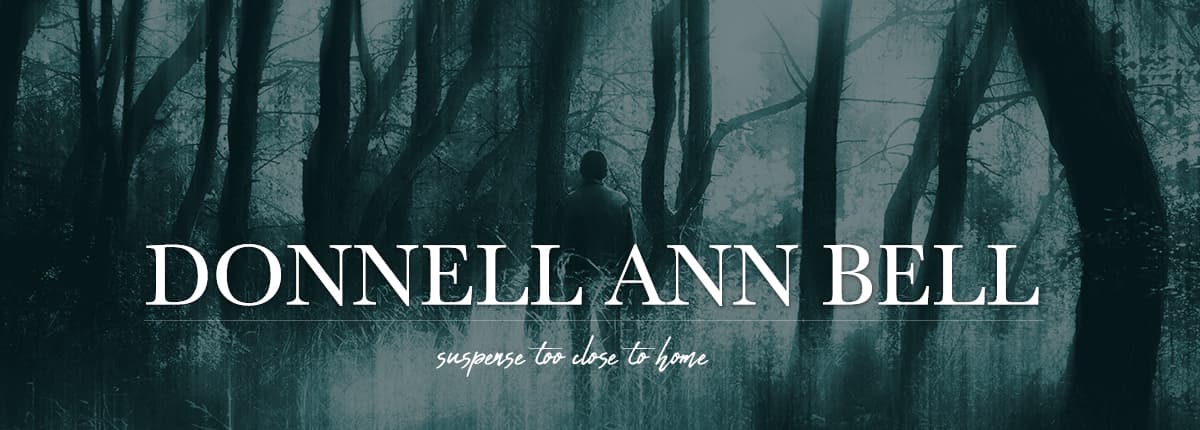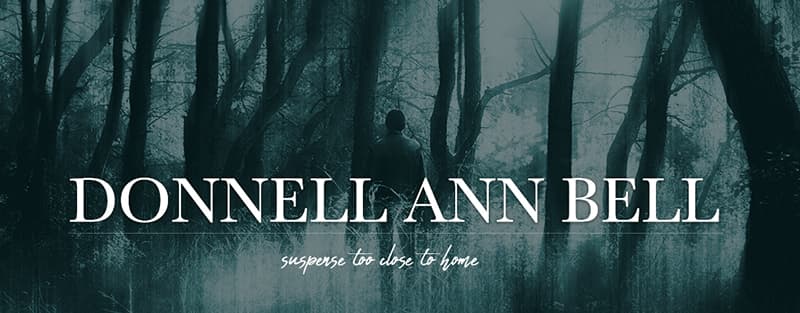by Donnell Ann Bell
Fragmented sentences have left me feeling fragmented of late.
Writing is all about feeling. If you write a story, the number one thing you must be concerned about is not perfect sentence structure, not is your plot the most brilliant ever, and not even are the characters quirky and out there. The number one thing writers must be concerned with when adding words to the page is how am I making my reader feel?
Feelings are why readers continue to read – not because you’ve written the best book ever, and not because you’re the next Gillian Flynn or Charles Dickens. You’ve grabbed your reader, done something to their heart and they’ve become invested in your story.
That being said, authors have a tendency to glum on to whatever works. Whether I’m judging a contest or reading a book of one of my peers or my favorite NY Times bestseller, as a writer I can’t help but notice when something trends. Books are a lot like Twitter. Authors find out what they perceive as hot, and make an unconscious decision, or perhaps conscious, to implement that trend in their next book.
One of my earliest critique partners, Colonel Jim Roper (ret.), gave me some advice that I’ve never forgotten. He said, “Find your own voice.” That advice truly resonated with me, and from that point on, I’ve done my best not to copy other writers. True, we choose a genre that we prefer, but if someone starts a style all his own and the next twenty writers jump on the “Me Too” bandwagon, that kind of dilutes his style, doesn’t it?
Example: I don’t know what writer came up with using the period for emphasis. Because I mainly read mysteries and suspense, every so often I’d see a writer use something like: He had to stop him. Couldn’t. Let. That. Happen. The first few times, placing a period after a word might have been effective. Incorporated into every other book, however, the style became redundant. Interestingly enough, I’m not seeing it used much these days.
The redundancy issue brings me to the topic of this blog and why I’m feeling fragmented. Some authors are using fragmented sentences every other sentence. And the fact that they’re not completing sentences leaves Me. Slightly. Yanked. Out. of the story. There are tricks that writers use to increase the pacing of a manuscript.
If you’re writing an action scene, and you want to pick up the pace, shorten your sentences. If you want to slow the pace, lengthen your sentences so that your reader will take a breath. I’ve read that something in the brain is triggered when sentence structure is varied. But if you’re fragmenting your sentences because you think it ups the excitement or makes you a more compelling writer, consider changing what I personally feel is an ineffective style and an overused trend.
Am I saying never use a fragmented sentence? Absolutely not (there – feel better?) All I ask is that when you do write a fragmented sentence, you’re doing so deliberately and not because you think it elevates the scene. Words are tools; writers are the tradesman. Every word in your manuscript belongs to you. Don’t leave your sentences or your readers fragmented. Remember, we readers have feelings.
This article first ran in Writing from the Peak, Pikes Peak Writer’s official blog.










